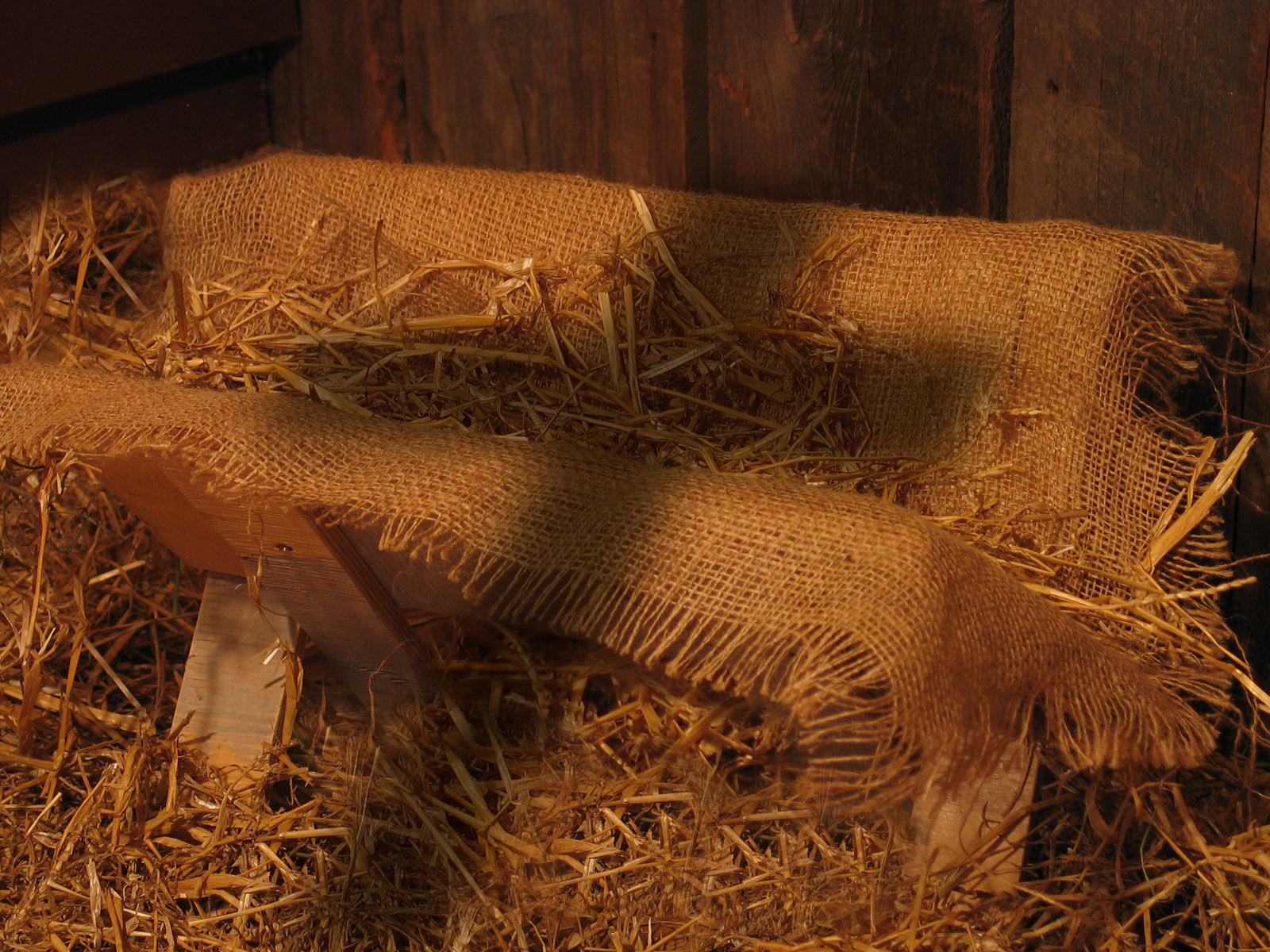In today’s Gospel Our Lord invites us to learn from his example be being meek and humble of heart as a way to find rest for our souls. We see this epitomized in that empty manger we’re contemplating during the Advent season. We know the newborn Jesus is rarely depicted as crying or fussy, but we also know the humble beginnings he wished for his earthly ministry. He didn’t pick a royal family or a palace in which to take flesh, but the lowly Mary aided by the quiet and gentle St. Joseph. As human he started as a child like everyone else; as God he decided to start the work of our redemption in a childlike way.
Advent is a season that often softens our hearts, and in a world that seems harsh and cruel, softening your heart doesn’t seem the realistic or practical thing to do. In those moments where we’re tempted to exchange brusqueness for brusqueness, snide remark for snide remark, harshness for harshness, or temper tantrum for temper tantrum we have to remember how many situations are defused by meekness and humility of heart in response. Hearts often soften and warm when an infant is brought into a room, and meekness and humility can often have the same effect.
If you have a stressful moment, consider the manger today, occupied or unoccupied, and it will help you be meek and humble of heart.
Readings: Isaiah 40:25–31; Psalm 103:1–4, 8, 10; Matthew 11:28–30. See also 15th Week in Ordinary Time, Thursday.

